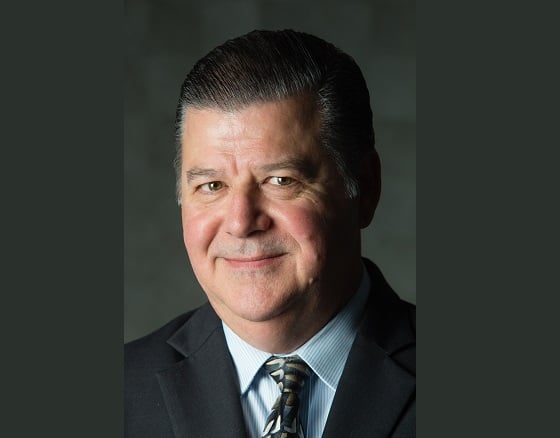As managing director, Paul Bitner works at the helm of global broking company Brokerslink – an alternative to the mainstream models in the insurance market that is owned by a range of shareholders from 40 countries across the world.
Bitner joined the firm in 2010, while it was still in its early iteration as a network of independent brokers, but he began his insurance career back in 1980. Having initially aspired to be a doctor, Bitner changed his mind, adding international business into his studies and – after a chance interview with then-broking giant Johnson & Higgins – joined the insurance industry as a trainee. After 10 years there, he was sought out by Alexander & Alexander, which eventually was acquired by
Aon, where he stayed on as a senior executive until he joined Brokerslink.
Insurance Business caught up with Bitner to find out what brought him to his current role, how the industry has changed during his career, and the biggest challenges he faces in his job.
What made you want to join Brokerslink?
I’ve never actually gone looking for a job, other than my first job – Alexander & Alexander came looking for me, and in the case of Brokerslink, I knew one of the key individuals there who started telling me the story and it sounded highly intriguing. When I joined Brokerslink, at the time it was an alliance. It’s no longer that, we’ve transformed it, but the idea of starting a new project was interesting. To be in a leadership position in what was the creation of something new, and being part of the team that was creating something different in the distribution and consulting side of the business, was intriguing.
The reality is, I was comfortable at Aon, I was doing well there and I liked it. But this was a very interesting project and I thought – let’s see if we can go and do something new. Like anything new, there’s an element of risk, though maybe less so in this case, because a lot of the pieces were already operating and working well. It’s not like it was a traditional start up where you have two or three people an idea, and you’re by yourself and hope to swim through the waters. Here you were backed up by some strong firms from around the world. At the time, there were less of them, but still the basic building blocks and the foundation were there. It was a unique opportunity to create something different, and it was a model where there wasn’t something exactly like it in the market already.
What are the biggest challenges you face in your role?
The biggest challenge is time. I, and we as a company, don’t have enough time to execute all of our ideas – we have more ideas than we do time. The challenge is selecting the right projects to carry out and working out which we should move forward with and spend our time on – it’s choosing between good and best.
We also want to keep a lean organisation, and to avoid large corporate overheads, where we lose our ability to be nimble, to make decisions quickly, and to adapt. The world and the pace of business has changed over the last 20 years, and even over the last 10 years, and being able to be nimble and to adjust strategy is key. But there’s a paradox there: when you add a lot of staff, you create processes and a need for information that can slow the boat down and makes it less nimble – it can cross the ocean, but it can no longer go into the river. On the other hand, if you don’t have enough staff you are also washing windows, and sitting at the dining room table. So, it’s that balance of how to have the correct amount of time and staff without becoming bloated, and without becoming too large.
What are the most notable changes that you’ve seen in the industry during your career?
The insurance industry used to be absolutely a person, people, trust-based business. If you shook hands or said you were going to do something, your word counted. Over time it’s become more about documents, contracts, and governance – though I think that came not from within the insurance industry, but from external factors that were occurring in business in general.
I think the insurance industry has tried in some ways to still hold onto and keep that, but there has been a breakdown in absolute trust. It’s gone more towards process and capability, versus the trust factor and the human side. That sometimes curtails flexibility.
One major change that has affected all industries is the issue of technology. Communication is instant now. I remember when I used to do international business, and you called the operator to get a call overseas – you couldn’t even dial direct. It’s been accelerating for everybody, now we have distribution through apps, we have distribution through websites and utilising software. Speed has picked up and technology, combined with the governance, has made some of the distribution of insurance, and the handling of insurance, less personal.
What is interesting is it’s also cultural. Some cultures have adopted the governance and the speed of communication without taking away the personal touch side. Many people say that the whole world is going to globalise uniformly at a certain speed and that it’s going to desensitise the personal touch – I’m not convinced of that. I think it’s going to depend on the cultures, I think Western Europe and North America will go that way, but not necessarily the rest of the world.
Related stories:
Pair launch new regional brokerage Actus with support of Gauntlet Group
Inside the ‘broker of the year’


